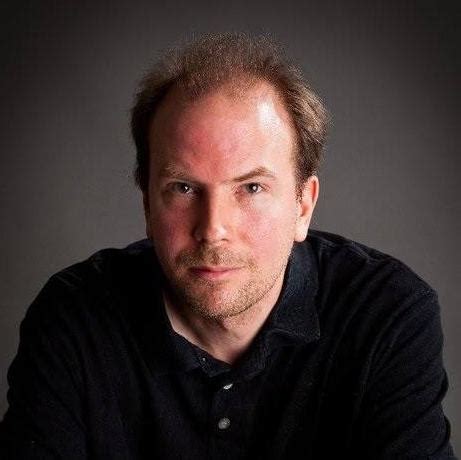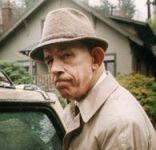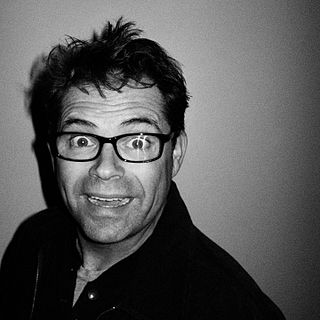A Quote by Richard Morris
You can read about it all you want, but there is no substitute for just doing it.
Related Quotes
Everyone likes a bit of variety. I'm sure none of my readers only want to read about anti-heroes or villainous protagonists any more than they only want to read about square-jawed heroes doing the right thing. I just write characters than entertain me and hope they'll be ones that other people want to read about, too.
I really love doing nothing. I really love just being at home and taking a couple of days, you know, doing nothing. You know what I mean? Just getting up, being around the house, going outside the back yard, coming back in; I really like to do nothing because I travel a lot. There's a lot of travelling. There's a lot of on the phone all the time. There's a lot of looking at papers and reading things and so you don't want to read magazines and you don't want to do anything; you don't want to read books, you just want to just kind of shut down a little bit.
In man's life, the absence of an essential component usually leads to the adoption of a substitute. The substitute is usually embraced with vehemence and extremism, for we have to convince ourselves that what we took as second choice is the best there ever was. Thus blind faith is to a considerable extent a substitute for the lost faith in ourselves; insatiable desire a substitute for hope; accumulation a substitute for growth; fervent hustling a substitute for purposeful action; and pride a substitute for an unattainable self-respect.
I am a grenade," I said again. "I just want to stay away from people and read books and think and be with you guys because there's nothing I can do about hurting you: You're too invested, so just please let me do that, okay? "I'm going to go to my room and read for awhile, okay? I'm fine. I really am fine: I just want to go read for a while.
Teaching literature is teaching how to read. How to notice things in a text that a speed-reading culture is trained to disregard, overcome, edit out, or explain away; how to read what the language is doing, not guess what the author was thinking; how to take evidence from a page, not seek a reality to substitute for it.






































